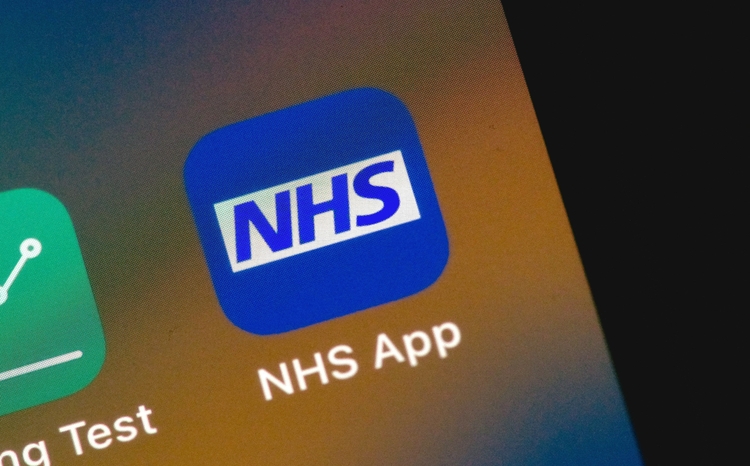Digital Health Coffee Time Briefing ☕
- 8 July 2025

Your morning summary of digital health news, information and events to know about if you want to be “in the know”.
👇 News
📱 A report from the independent ADHD Taskforce, published April 2025, has suggested that services could “benefit from harnessing technology”. The taskforce was commissioned by NHS England to improve understanding of the challenges for people with ADHD. The report underlines that digitalisation of ADHD services should be prioritised in a bid to streamline routine admin tasks, manage waiting lists and enhance efficiency.
🏥 NEC Software Solutions (NECSWS) UK has completed the acquisition of AdviseInc Ltd in a move to strengthen its portfolio of technology and support services for healthcare organisations. Lydia Rawlings, executive director for Health at NECSWS, said: “Having AdviseInc under the banner of NECSWS provides healthcare organisations with a complete portfolio of solutions that can be used to deliver real time actionable insights to improve patient and organisational outcomes.”
💡 Wolters Kluwer will launch its AI-enhanced UpToDate Enterprise Edition to healthcare systems and hospitals in Europe, the Middle East and Africa from Q3 2025. The tool aims to revolutionise clinical decision support through AI, to ensure healthcare professionals can deliver consistently high-quality care. Royal Devon University Healthcare NHS Foundation Trust is on of the UK-based clients to deploy the tool.
📑 University Hospitals of Leicester NHS Trust went live with a patient administration system (PAS) from Nervecentre on 22 June. According to a LinkedIn post the PAS was built to replace the trust’s 35-year-old system and has been designed to set the foundation for a “truly integrated electronic patient record” across the region. The deployment saw more than 50 million data items migrated.
🧑⚕️ Blackpool Teaching Hospitals NHS Foundation Trust has migrated all of its inpatient and outpatient data to IMS Maxims, a system that is already in use in the trust’s Emergency Department. The go live was achieved on 21 June, and as of 25 June the patient administration system had already supported more than 5,000 patient interactions.
❓Did you know?
Every baby born in the UK will have their DNA mapped within a decade under the NHS 10 year plan.
Health secretary Wes Streeting told The Telegraph that the plans would move the NHS towards a model of sickness prevention by allowing people to “leapfrog” potentially life-threatening health issues and receive “personalised” care before symptoms occur.
Streeting said: “The revolution in medical science means that we can transform the NHS over the coming decade, from a service which diagnoses and treats ill health, to one that predicts and prevents it.”
The plans are backed by a £650 million investment in genomics as part of the government’s wider life sciences sector plan.
📖 What we’re reading
A blog from the Association of the British Pharmaceutical Industry (ABHI), published on 24 June 2025, sheds light on the importance NHS data for medical research.
Author Janet Valentine, executive director of innovation and research policy at ABHI, explains that patient data is anonymised before it is used, with access granted only to approved researchers who are focused on improving patient outcomes or public health.
She adds that public support for the pharmaceutical industry using NHS data for research remains consistently high and stable, hovering between 60% and 70%.
The blog coincides with the government’s recent pledge of up to £600 million to establish a Health Data Research Service, in partnership with the Wellcome Trust. For this venture to succeed Valentine says that is essential to gain the trust of healthcare professionals, patients, and the public.
To help demonstrate why NHS data is crucial for research ABHI has launched a health data case study library with examples of how the pharmaceutical industry has used NHS data in medical research and the benefits that have emerged as a result.
🚨Upcoming events
31 July, online event – NHS Digital Health 2025




